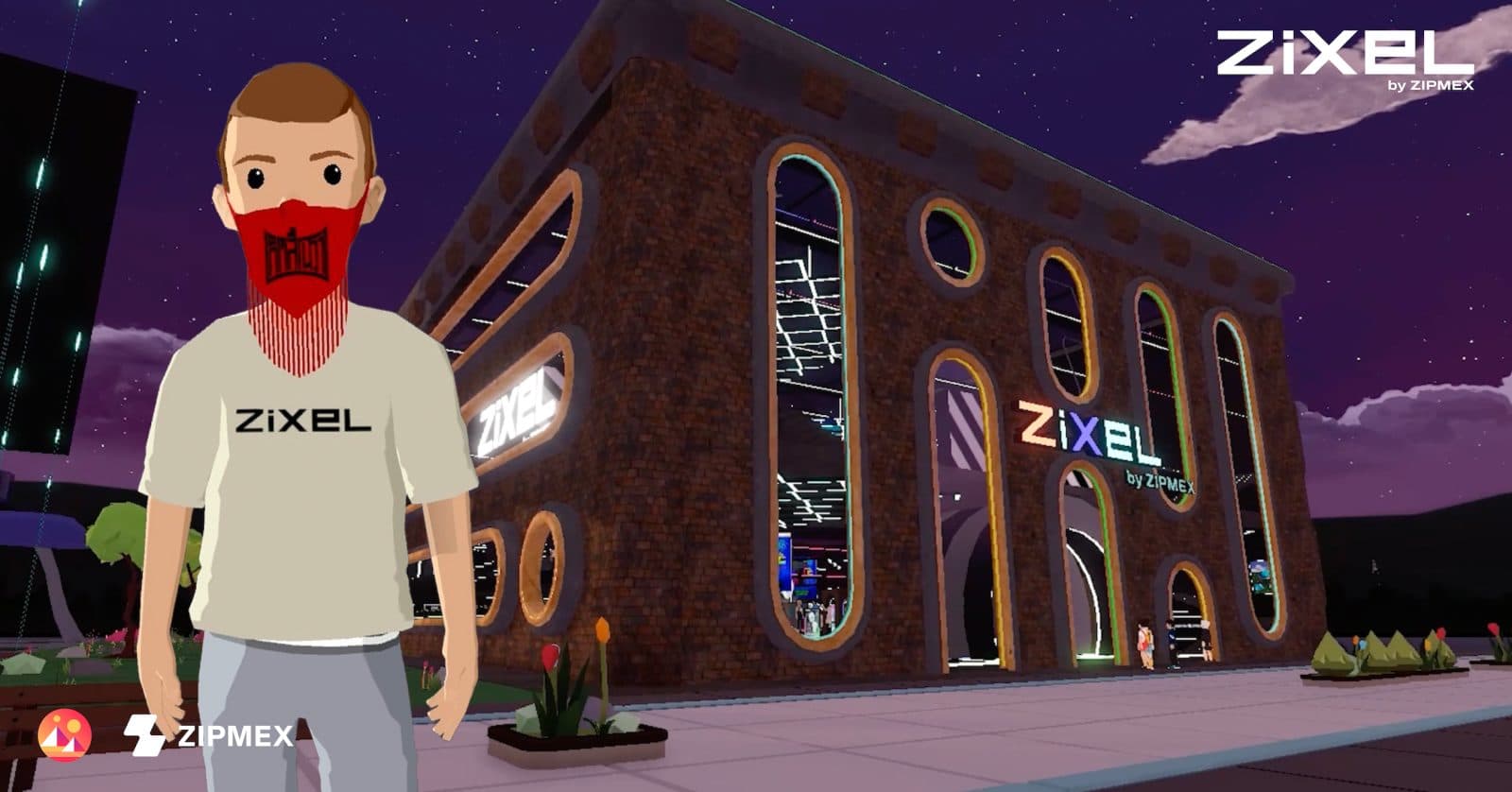Zipmex Taps Polygon To Further Metaverse Efforts in Asia-Pacific
The exchange said the partnership will help draw in new users as part of its “long-term strategy” for future growth

The Zixel Metaverse | Source: Zipmex
- Asian exchange Zipmex has partnered with polygon in an attempt to capture some of the spoils of the nascent market
- The partnership coincides with Thailand’s “first-ever” metaverse concert by the exchange hosted on Decentraland
Digital asset exchange Zipmex has entered into a strategic partnership with Polygon’s gaming arm in an attempt to further the exchange’s metaverse ecosystem across the Asia-Pacific region.
The Singapore-headquartered exchange, which launched its NFT platform Zixel last month, said the partnership with Polygon Studios would help draw in new users as part of its “long-term strategy” for future growth, according to a recent press release.
As part of the deal, the firm also said Polygon would be rolling out “new virtual experiences” on the metaverse with Zixel, as well as investing in the exchange’s native token, ZMT. Zipmex’s product will leverage the Polygon blockchain that purports to be the “best in class” solution for energy efficiency and scaling.
The move comes as thousands of companies globally are seeking to expand into virtual worlds in a bid to enhance their brand presence and capture a segment of the potentially lucrative sector. Last week, US retail corporation CVS Pharmacy filed a trademark application to sell “downloadable virtual goods” in the metaverse.
“We look forward to introducing new metaverse initiatives via Zixel…as well as normalizing crypto and blockchain as part of life in Southeast Asia,” said Steven Bryson-Haynes, business development head at Polygon Studios.
As part of its announcement, Zipmex’s NFT platform launch has coincided with Thailand’s “first-ever” metaverse concert hosted on Decentraland, as well as a physical metaverse exhibition, to celebrate the launch.
The exhibition, “Metaworld by Zixel,” runs until March 20 and allows participants to partake in a number of experiences allowing them to “explore, create and trade on Decentraland” in a bid to familiarize new users.
Zipmex is estimated to account for roughly one-quarter of the total revenue of the digital asset market in Thailand, consisting of roughly 1.7 million traders across a number of domestic exchanges, according to a report by the Bangkok Post last year that cited the country’s Securities and Exchange Commission.
Around 3.6 million people, or 5.2% of Thailand’s total population, currently own cryptocurrency, according to data by Singapore central bank-compliant payments firm Triple A.
Get the news in your inbox. Explore Blockworks newsletters:
- The Breakdown: Decoding crypto and the markets. Daily.
- 0xResearch: Alpha in your inbox. Think like an analyst.






